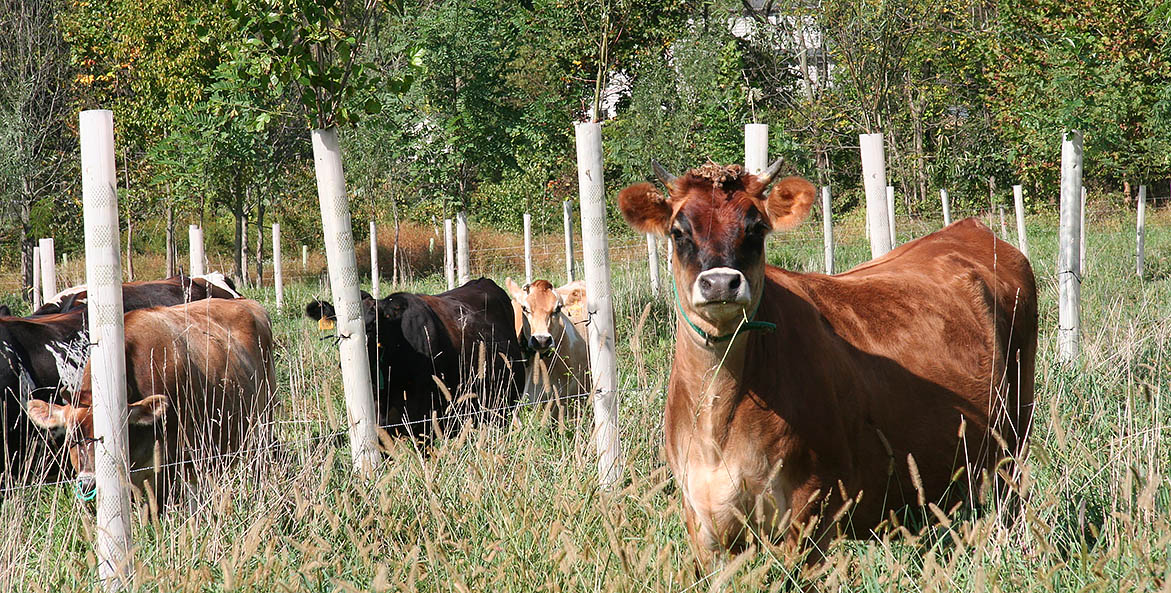Fall 2024
Historic Funding for the Clean Streams Fund and ACAP
The Pennsylvania General Assembly included a historic $50 million in new annual funding for the Clean Streams Fund, which extends the Agriculture Conservation Assistance Program (ACAP), in the state’s General Fund budget for fiscal year 2024‑25.
A statewide cost‑share program did not exist in Pennsylvania before ACAP. Under the program, decisions on agricultural practices to reduce polluted runoff are made at the local conservation district level.
ACAP will receive $35.75 million of the $50 million. Otherwise, the initial funding from the American Rescue Plan would have been exhausted by the end of 2026.
Governor Josh Shapiro praised Pennsylvania for its progress in reducing pollution as noted in a recent report.
The governor said the Commonwealth plans to continue its clean-water work for the long haul. “You have my commitment that this work will continue,” Shapiro said. “Pennsylvania is all in. We’re not talking about fixing the Bay anymore, we are fixing the Bay, and we are making sure Pennsylvania does its fair share.”
New State Law Requires Native Plant Species Along Commonwealth-Owned Roads
The Pennsylvania legislature passed, and Governor Josh Shapiro signed, House Bill 797 in late June that directs the state Department of Transportation to landscape state‑owned roads using native plant species. CBF supported the bill from its introduction.
With more than 41,600 miles of state‑maintained roads, the new law delivers a plethora of ecological benefits, reduces polluted runoff, and adds more natural beauty for those traveling through the Commonwealth.
CBF is monitoring other pieces of proposed legislation that would prohibit the supply, sale, and application of coal tar sealants, require the Commonwealth to pay its fair share of stormwater fees for state‑owned properties, and regulate the spreading of noxious waste left over from food manufacturing onto farmland.
Legislation not passed before the current legislative session expires at the end of 2024 must be re‑introduced in the 2025‑26 session.
CBF Says Pennsylvania Supreme Court Should Reverse RGGI Tax Decision
CBF filed an amicus brief asking the Pennsylvania Supreme Court to reverse a Commonwealth Court decision that Regional Greenhouse Gas Initiative (RGGI) proceeds are an invalid tax and declaring Pennsylvania’s participation void.
The brief says the Supreme Court should find that RGGI proceeds are a fee, consistent with the Environmental Rights Amendment and the laws and regulations protecting clean air in the Commonwealth.
RGGI is a coordinated effort between several Northeastern states that sets a regional limit on carbon dioxide emissions from power plants. Each power plant must pay at quarterly auctions for each ton of carbon dioxide (CO2) it emits.
“Fees from RGGI can provide important funding to reduce greenhouse gases and to conserve, improve, and maintain Pennsylvania’s air and water quality for generations to come, as required by our state Constitution,” CBF Pennsylvania Staff Attorney Trisha Salvia said.
—Julia Krall
Pennsylvania Executive Director
Chesapeake Bay Foundation



